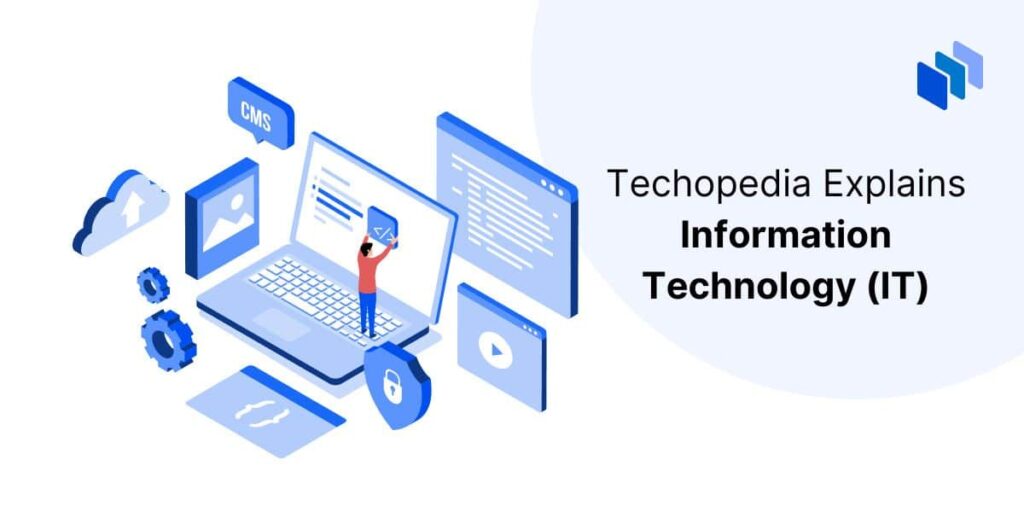Table of Contents
he world of Information Technology (IT) is evolving at an unprecedented pace. As we step further into the digital age, innovations are driving this transformation, reshaping industries and our everyday lives. From artificial intelligence to quantum computing, here are five key trends and innovations that are shaping the future of IT.

1. Artificial Intelligence and Machine Learning (AI/ML)
Artificial Intelligence (AI) and Machine Learning (ML) are at the forefront of IT innovations. AI is no longer confined to research labs; it has become an integral part of many industries, including healthcare, finance, and retail. Machine learning algorithms help businesses make data-driven decisions by analyzing patterns and trends, leading to greater efficiency and customer satisfaction.
One significant trend in AI is the advancement of natural language processing (NLP), which enables machines to understand and interact with human language more naturally. AI tools like chatbots and virtual assistants have revolutionized customer service and are expected to become even more sophisticated in the coming years.
2. Edge Computing
As the Internet of Things (IoT) continues to grow, the demand for faster and more efficient data processing is also increasing. This is where edge computing comes into play. Instead of sending all data to centralized data centers, edge computing processes data closer to the source, minimizing latency and improving real-time processing.
Edge computing is particularly beneficial in industries like autonomous driving, healthcare, and smart cities, where rapid data analysis is crucial. This trend is expected to gain momentum as more devices become interconnected, requiring quicker and more localized data processing.
3. Quantum Computing
is a breakthrough technology that has the potential to solve complex problems far beyond the capabilities of classical computers. Quantum computers use quantum bits, or qubits, allowing them to perform multiple calculations simultaneously. This makes them incredibly powerful for tasks like cryptography, materials science, and large-scale data analysis.
Though still in its infancy, quantum computing is set to revolutionize industries like cybersecurity, drug discovery, and artificial intelligence. Tech giants such as IBM, Google, and Microsoft are making significant investments in quantum research, and we may witness practical applications of quantum computing in the coming decade.
4. 5G Technology
The rollout of 5G networks is transforming the way we connect to the internet and interact with digital devices. With speeds up to 100 times faster than 4G, 5G technology will enable the seamless operation of IoT devices, autonomous vehicles, and smart cities. Its low latency and high bandwidth capabilities will support real-time data transmission, making it a key enabler of innovations like remote surgeries and advanced augmented reality experiences.
5G is also expected to spur innovation in entertainment, gaming, and virtual reality, as it opens up new possibilities for immersive, high-quality experiences that were previously limited by bandwidth and speed constraints.
5. Cybersecurity Innovations
As digital transformation accelerates, cybersecurity has become a top priority for businesses and governments alike. With the increasing volume of cyber threats and attacks, the need for robust security solutions is greater than ever. Innovations in cybersecurity, such as AI-powered threat detection and blockchain technology, are helping organizations protect sensitive data and maintain secure networks.
The rise of Zero Trust Architecture is also reshaping the way organizations approach security. This model assumes that no entity, whether inside or outside the organization, can be trusted by default. It requires continuous verification of users and devices, reducing the likelihood of breaches in an increasingly interconnected world.
Conclusion
The future of Information Technology is shaped by rapid advancements in AI, quantum computing, 5G, and edge computing, alongside enhanced cybersecurity measures. These innovations are driving efficiency, enhancing user experiences, and addressing the growing complexity of digital ecosystems. As these technologies continue to evolve, businesses that stay ahead of these trends will be better positioned to thrive in the digital economy.

Leave a Reply